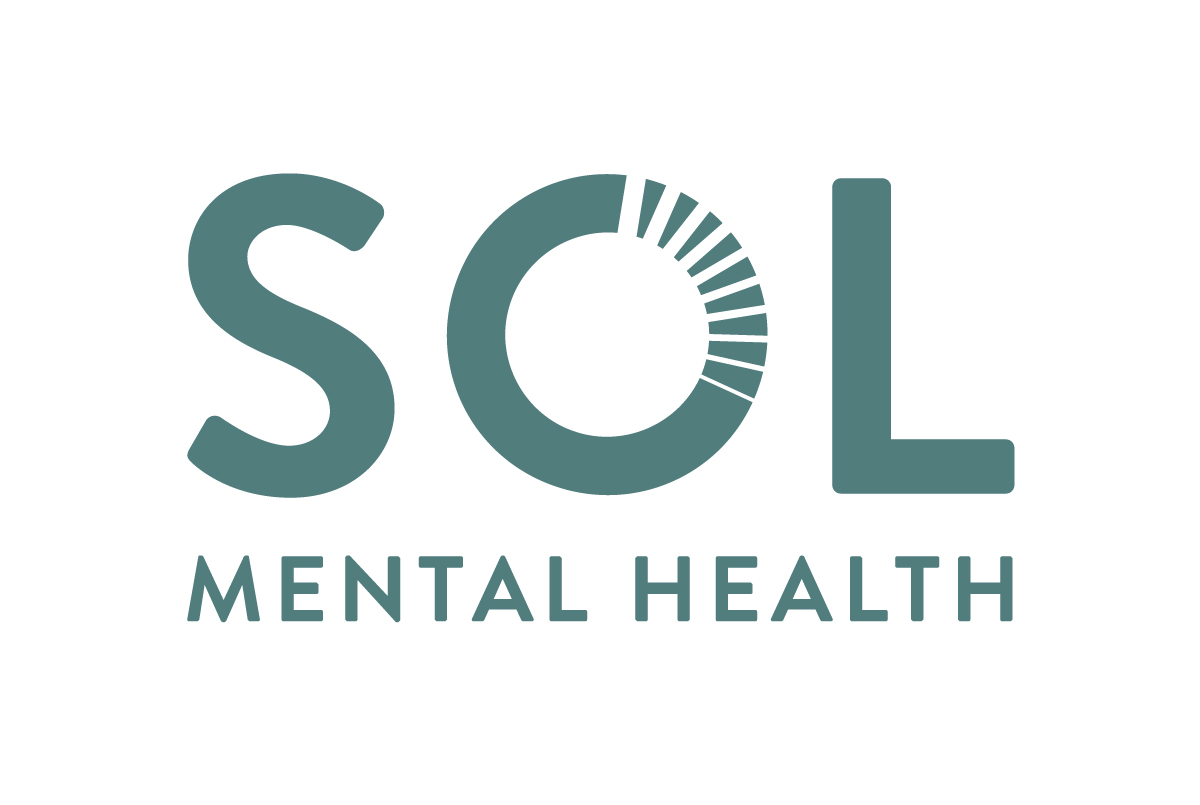After graduating high school, college might seem like the only logical next step. However, it’s not for everyone. Some teens will thrive jumping straight into a four-year college program, while others might need to focus on their mental and behavioral health by seeking alternative paths. If you’re on the fence about your post-grad plans, ask yourself these key questions.
There isn’t one “right reason” for going to college, but it’s helpful to take a step back and consider your motives. You want to make sure that you’re attending college to support your goals and feel fulfilled. So, consider whether the career you want to pursue requires a college degree. Think about whether you feel excited when thinking about the college environment and your future classes.
If you’re starting with a committed mindset and have a clear reason for going to college, you’re likely making the right decision. However, try not to pressure yourself into committing if you’re feeling unsure about your motive. Enrolling just because your parents want you to, or because all of your friends are going, might not be reason enough to commit to a college.
Many teens will feel completely prepared for college after graduating high school. You might know that college is for you if you know what you want to study, which activities appeal to you most, and which colleges you might want to attend. Readiness to meet new people and take on academic challenges are also signs that college is the right choice.
However, it’s okay if you don’t feel ready. Many teens aren’t in the right mental space to go to college right after graduation. Taking another path and focusing on your behavioral health can ultimately benefit you more in the long run.
It might seem like everyone you know is going right to college after high school. However, this likely isn’t true. There are plenty of career alternatives available to students. You might attend a trade school, go right to work, travel, or join the military. Some teens will take a gap year to save money and take more time to prepare for college. And others might attend a community college rather than a four-year university.
If you aren’t sure that college is the right next step, speak to your teachers and counselor about your options. You might be surprised by all of the paths available to new high school graduates.
You’re not alone when making this significant decision. Teens and parents should remember that therapy and counseling are great resources when navigating life transitions. A counselor can set up individual therapy appointments, helping you talk through your post-grad options.
They can also help you address specific mental health challenges through services like behavioral therapy for anxiety. Understanding and prioritizing your personal mental health can help you think more clearly, so you can make the decision that’s best for you.
If you are a teen deciding whether to go to college, or an adult considering a career transition, the team at SOL Mental Health is here to support you. Our counseling and coaching professionals are proud to guide our clients through all of life’s challenges. Contact us today to get started.
Does my insurance cover a therapist at SOL Mental Health?
SOL Mental Health is partnered with several insurance providers to make our services more accessible to you. You can verify your insurance through our website before scheduling an appointment.
